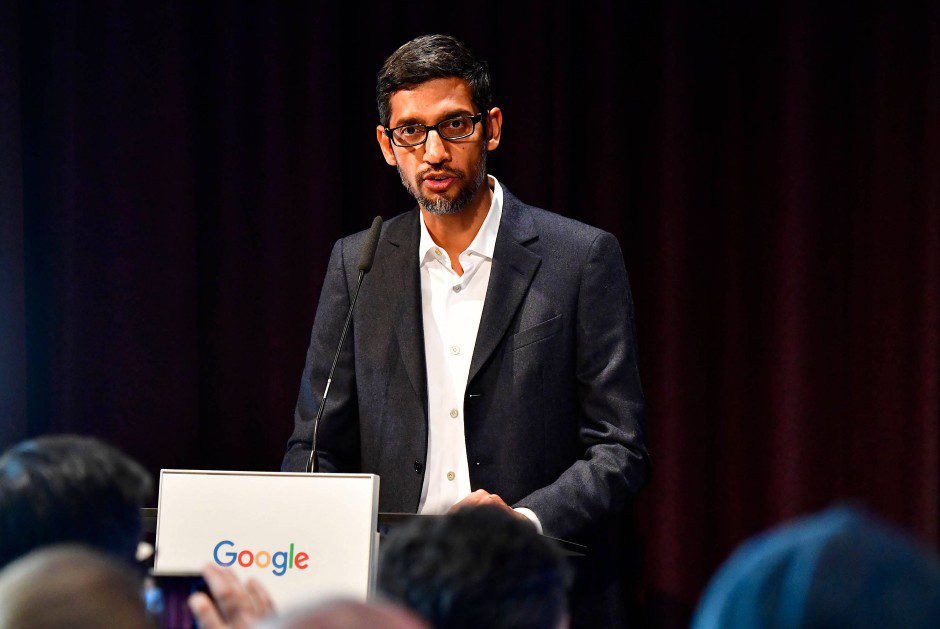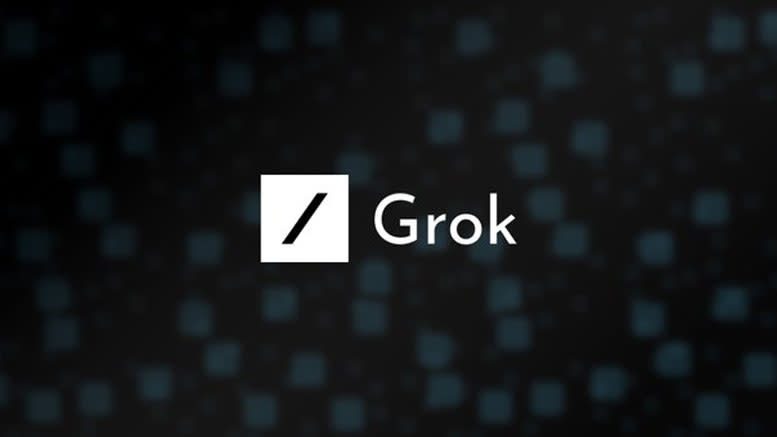Google’s latest DORA (DevOps Research and Assessment) report for 2025 reveals a striking “trust paradox” in the tech industry: While 90% of developers and IT professionals now use AI in their daily work—up from 76% in 2024—trust in its outputs remains stubbornly low. For software engineers, team leads, and AI skeptics searching for insights on AI coding trust paradox, Google DORA report 2025, or developer AI adoption, this survey of 5,000 global professionals paints a picture of heavy reliance tempered by caution: Developers spend a median of two hours daily with AI tools for code generation, debugging, and documentation, yet only 24% report a “great deal” or “a lot” of trust in AI-generated code, with **30% trusting it “a little” or “not at all.”. Despite the skepticism, 80% say AI boosts efficiency, and 59% note improvements in code quality, highlighting AI’s role as a “useful assistant” rather than a “true partner.”.
As Google Cloud’s DORA team notes, this duality calls for “thoughtful AI integration” to build confidence, including dedicated experimentation time and better data governance.
The Trust Paradox: High Adoption, Low Confidence
The DORA report, Google’s annual survey of developer practices since 2015, uncovers a fascinating tension: AI has permeated every stage of the software lifecycle—from code writing (used by 90%) to security reviews and documentation—but developers treat its outputs with the same scrutiny as unverified Stack Overflow answers. 65% of developers report heavy reliance on AI, yet 46% trust it only “somewhat”, 23% “a little,” and 20% “a lot,” with 31% noting only slight code quality improvements and 30% seeing no impact. Stack Overflow’s 2025 survey echoes this, with distrust in AI accuracy rising from 31% to 46% year-over-year, despite 84% adoption.
Breakdown of AI Usage and Trust Levels
The report categorizes AI’s role across workflows, with trust varying by task:
| Workflow | Adoption Rate | Trust Level (“Great Deal/A Lot”) | Common Concern |
|---|---|---|---|
| Code Generation | 90% | 24% | Hallucinations/Errors |
| Debugging | 80% | 46% “Somewhat” | Incomplete Fixes |
| Documentation | 75% | 20% “A Lot” | Accuracy in Explanations |
| Security Reviews | 70% | 23% “A Little” | False Positives |
Developers compare AI to “messy internal data” sources: Valuable but unreliable without verification.
Why the Paradox Persists: Benefits vs. Barriers
AI’s appeal is clear—59% report improved code quality and 80% enhanced efficiency—but barriers like data silos, hallucinations, and ethical concerns temper enthusiasm. Google’s researchers recommend “proactive AI integration,” including experimentation time and governance to foster trust.
- Efficiency Gains: Median 2 hours daily saved on routine tasks.
- Quality Trade-Offs: 31% see “slight” improvements; 30% “no impact.”
- Security Risks: “Copypasta” attacks via AI assistants highlight vulnerabilities.
Implications for Developers and Teams
The paradox calls for balanced adoption: AI as a co-pilot, not autopilot. Teams should prioritize:
- Hands-On Training: Dedicated time for AI experimentation.
- Data Hygiene: Clean, accessible datasets to improve outputs.
- Hybrid Workflows: Verify AI code with human review.
As one developer quipped on Reddit: “AI is like Stack Overflow—useful, but always double-check.”
Conclusion: AI’s Coding Conundrum
Google’s DORA 2025 findings capture the coder’s dilemma: Nearly all use AI (90%), but trust lags (only 24% fully confident), creating a paradox of productivity without partnership. As adoption hits record highs, thoughtful integration will bridge the gap—turning assistants into allies. For developers, it’s a call to experiment wisely; for teams, to govern boldly. Will trust catch up to use? The code compiles.



